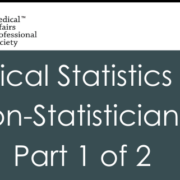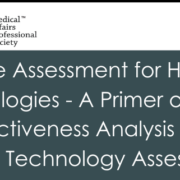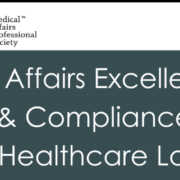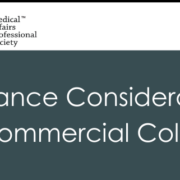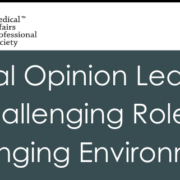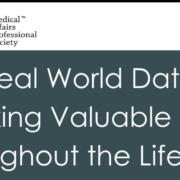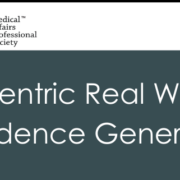Clinical Statistics for Non-Statisticians (Part 1 of 2)
Part 1 of this series will: define terminologies in statistics; explain different types of data (quantitative vs. qualitative); describe different ways in presenting summary data (such as proportions, means, medians, range and standard deviation); explain 95% confidence intervals; discuss bivariate analyses and appropriate statistical testing for quantitative and qualitative variables

